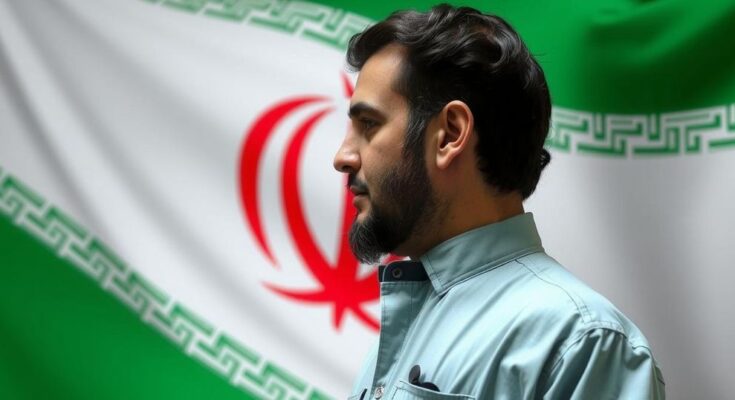Italy’s Minister of Justice seeks to revoke the arrest of Iranian Mohammad Abedini, wanted by the U.S. for involvement in a drone attack that killed three Americans. Abedini’s court appearance for house arrest is scheduled, while an official note argues that potential charges do not align with Italian law. The case has gained attention following the recent release of journalist Cecilia Sala, linked to diplomatic efforts involving the U.S.
ROME (AP) — The Minister of Justice of Italy has formally requested an appeals court to annul the arrest of Mohammad Abedini, an Iranian national sought by the United States due to his alleged involvement in a drone strike in Jordan that resulted in the deaths of three American soldiers approximately one year ago. Currently, Mr. Abedini is slated to appear before a court in Milan regarding his request for house arrest as he awaits the extradition proceedings to the U.S.
The arrest of Mr. Abedini occurred on December 16, shortly before the detainment of Italian journalist Cecilia Sala during her reporting trip to Iran. It was speculated that she was being held as leverage for Mr. Abedini’s eventual release. Ms. Sala returned to Italy last week, which has intensified discussions surrounding the future of Mr. Abedini.
An official statement from the Justice Ministry noted that according to Italy-U.S. extradition treaties, extradition is permissible only for offenses that are recognized as crimes by both jurisdictions. The ministry contended that potential charges against Mr. Abedini, specifically related to violating the International Emergency Economic Powers Act, do not align with any offenses acknowledged by Italian law.
The U.S. Justice Department claims that Mr. Abedini was instrumental in providing drone technology to Iran used in a January 2024 assault on a U.S. military installation in Jordan. Italian Prime Minister Giorgia Meloni acknowledged a diplomatic effort involving the United States and Iran as crucial in facilitating Ms. Sala’s release, elaborating that U.S. interests significantly influenced the negotiations. Moreover, Ms. Meloni’s recent visit to Florida for an unanticipated meeting with President-elect Donald Trump reinforced this diplomatic dynamic.
This article discusses the legal intricacies surrounding the extradition of an Iranian citizen, Mohammad Abedini, who is wanted by the U.S. for alleged involvement in a violent attack. It touches upon the interplay of international law and diplomacy, particularly as it relates to extradition agreements between Italy and the United States. The backdrop includes the ongoing tensions between Iran and the U.S., and how personal diplomatic efforts, including the case of an Italian journalist, intersect with legal proceedings.
In summary, Italy’s Minister of Justice has requested the annulment of Mohammad Abedini’s arrest based on the lack of correlating charges under Italian law that would justify extradition. The case is complicated further by the recent release of journalist Cecilia Sala and the implications of international diplomatic relations, particularly regarding U.S. interests in the matter. This legal and diplomatic interplay highlights the complexities of extradition treaties and international law enforcement.
Original Source: apnews.com




